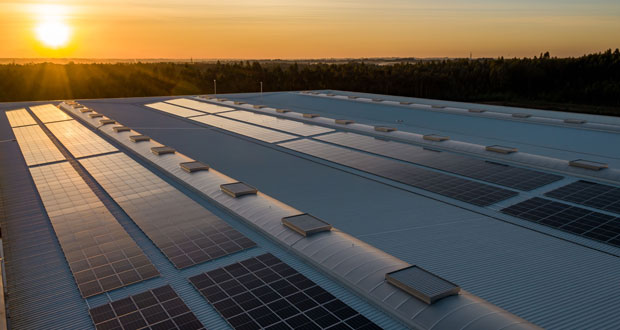Business energy supplier, SSE Energy Solutions, has embarked on an ambitious project to reduce carbon emissions by 90 per cent across 11 Harris Federation academies in South East England.
Funded through the UK Government’s Public Sector Decarbonisation Scheme (PSDS), the £14.3 million project will overhaul heating systems, building controls, and electrical infrastructure across buildings in South London and Kent.
The initiative is forecast to reduce Harris Federation’s collective emissions by over 38,000 tonnes of CO2 – the equivalent of planting 1.73 million trees.
Upgrades will include replacing gas boilers with energy-efficient air source heat pumps, installing advanced building energy management systems, and upgrading ageing electrical infrastructure. Renewable energy technologies will also be incorporated where feasible.
In addition to the environmental benefits, the project is expected to significantly reduce energy costs for the academies over its 20-year course.
From initial project development and design through long-term monitoring and verification, SSE will leverage its experience across energy project planning, engineering design, project management, building controls and renewable technology integration.
Grant Widlake, Business Director at SSE Energy Solutions’ Smart Buildings, said: “This project with Harris Federation exemplifies our approach to decarbonising buildings – overlaying effective building controls with other solutions like air source heat pumps, solar PV, and battery storage to create substantial emissions reductions.
“Our team are experts in conceptualising and delivering low-carbon retrofits across the public and private sectors and want to help many other organisations like the Harris Federation benefit from the opportunities of a low-carbon building estate.”
Tom Webster, Director of Estates and Commercial at the Harris Federation, commented: “The grant we have received from the Public Sector Decarbonisation scheme is a win-win, enabling us to make significant savings over time and thus plough more of our money directly into children’s education, whilst also playing our part in delivering a net zero future.”
Over the past year, Eptura has used proprietary data and commissioned research to explore how business leaders can balance opposing demands.
In this final summary report on the state of the workplace in 2023, the global worktech leader looks at the key insights that will shape the world of work in 2024 and beyond.
For the Q4 edition of the 2023 Workplace Index, Eptura updated its proprietary data across four demands:
- Freedom and Connection
- Value creation and Cost Control
- Flexibility and Certainty
- CO2 Targets and Costs
To download the report click here.





